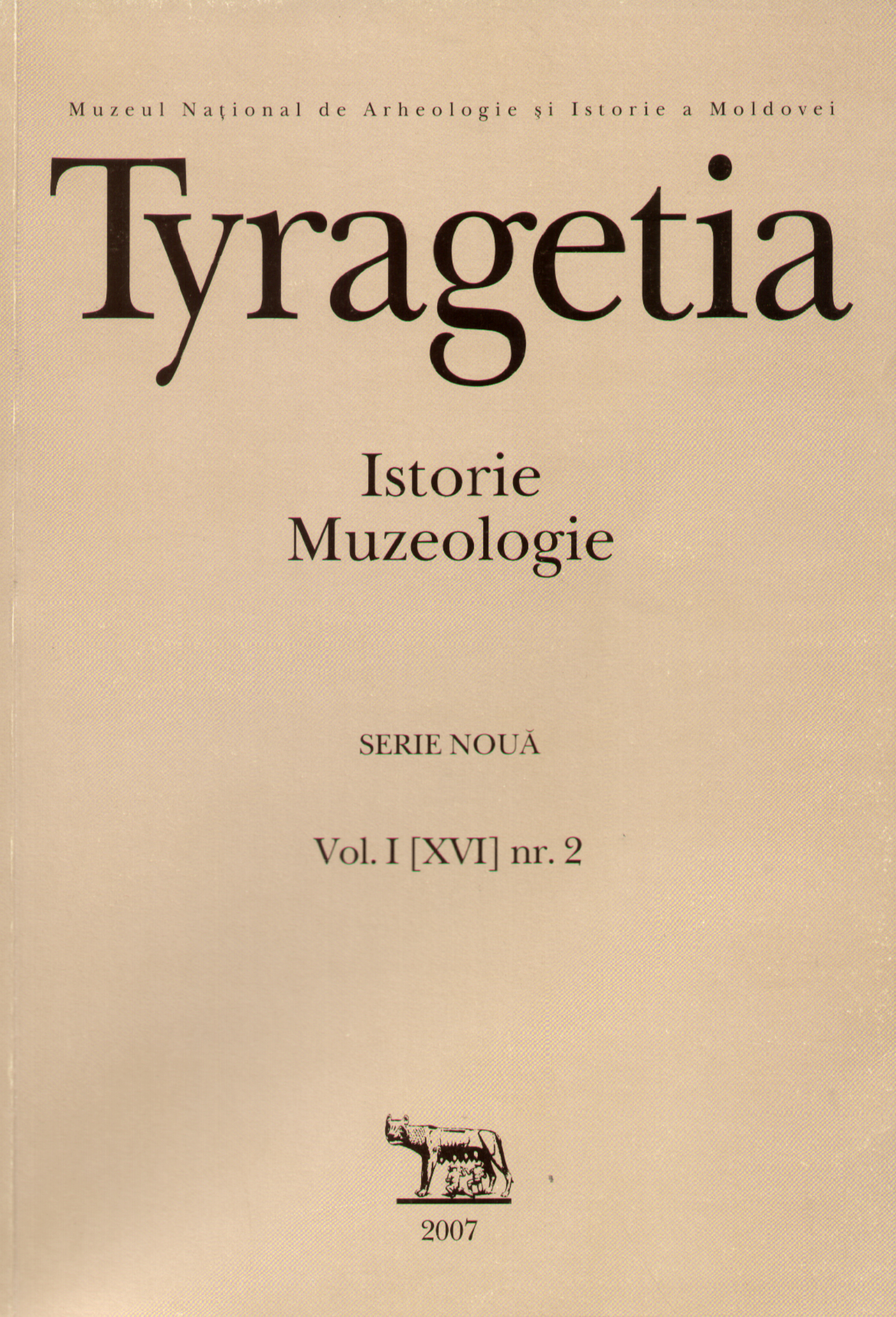Consecinţele acordului de la München asupra relaţiilor româno-bulgare
The Consequences of the Munich pact for Romano-Bulgarian relations
Author(s): Maria CosteaSubject(s): History
Published by: Muzeul Naţional de Istorie a Moldovei
Keywords: interwar period; Munich conference; Romanian-Bulgarian relations
Summary/Abstract: The relations between Romania and Bulgaria in 1938-1940 were complicated by Bulgarian revisionism, especially by Bulgarian territorial claims against Romania. Bulgarian territorial claims became more aggressive after Germany and Hungary annexed territories of Czechoslovakia. Bulgarian diplomacy sought a “peacefully restitution of Southern Dobroudja to Bulgaria”. How? Not by war, but by diplomatic pressure of Greater Powers on Romania. Indeed, all the Greater Powers, Germany, Italy, USSR, USA, Great Britain, and also Hungary, Turkey and Yugoslavia supported Bulgarian claims for Southern Dobroudja, a fact underlined by Bulgarian Historiography. Why? Hitler and Mussolini were interested in maintaining their alliance with Bulgaria. France and Great Britain, Turkey and Yugoslavia wanted to attract Bulgaria towards them and towards Balkan Entante, by paying the price: Southern Dobroudja from Romania. USSR and Hungary had territorial claims against Romania. Stalin, Hitler and Mussolini competed for attracting Sofia as an allied state. They all decisively supported Bulgaria in the claim for Southern Dobroudja. Finally, on the 31st of July 1940, Hitler ordered Romania to leave Southern Dobroudja. Romania obeyed and signed the treaty of Craiova on the 7th of September 1940, according to which Southern Dobroudja became a part of Bulgaria.
Journal: Tyragetia (Serie Nouă)
- Issue Year: I/2007
- Issue No: 2
- Page Range: 295-301
- Page Count: 7
- Language: Romanian

